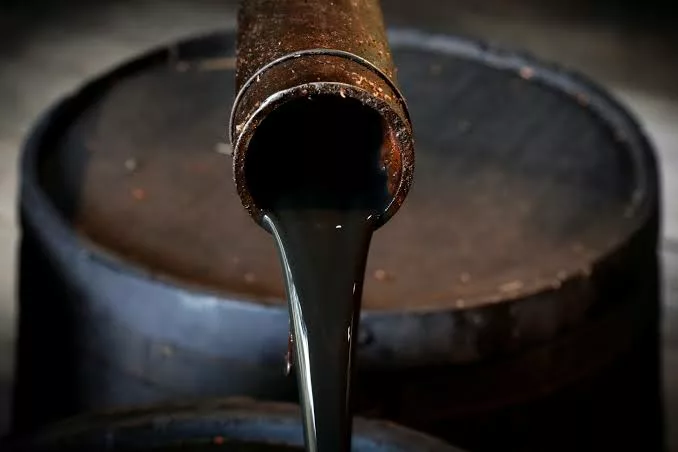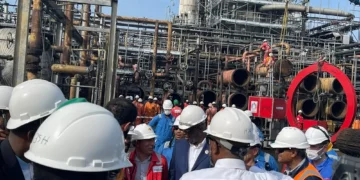India Oil Corp has significantly sustained oil imports from Nigeria after skipping the purchase of U.S. oil in its latest tender.
According to Reuters, which quoted trade sources on Friday, the company purchased 2 million barrels of Nigeria’s crude oil and a million barrels of Middle Eastern grade.
The state refiner also bought one million barrels each of Nigerian oil grades Agbami and Usan from French oil major TotalEnergy, and another million barrels of Abu Dhabi’s Das crude from Shell, the people said.
Nigerian oil has been bought on a free-on-board basis, and Das has been purchased and delivered to Indian ports in late October or early November. IOC bought 5 million barrels of U.S. West Texas Intermediate in its previous tender last week.
In recent months, Indian refiners have advantage of a favourable arbitrage window and raised their purchase of U.S. oil via tender.
Their U.S. oil purchases were also helping cut India’s massive trade surplus with the U.S., which has doubled their tariff on Indian imports to 50 per cent citing New Delhi’s purchase of Russian oil. The landed cost for U.S. crude was high compared to other grades, despite the front-month Brent-WTI differential being about $4 per barrel.
The India purchase rise is coming as Nigeria just signed a production-sharing contract (PSC) with TotalEnergies and local firm South Atlantic Petroleum for two offshore blocks, in a step to boost exploration and attract investment under its new oil framework.
Nigeria, is seeking to revitalise its upstream sector amid global energy transition pressures and declining investment in fossil fuels.
The deal covers petroleum prospecting licences 2000 and 2001, awarded during the 2024 licensing round, and spans about 2,000 square km (772 square miles) in the Niger Delta Basin. TotalEnergies holds an 80 per cent contractor interest, while Sapetro holds 20 per cent, the upstream oil regulator said on Monday.
“This PSC signals the start of a committed work programme that will help us unlock the untapped geological potential of our deepwater, expand our reserves, boost production, and strengthen Nigeria’s energy security,” the chief executive of the Nigerian Upstream Petroleum Regulatory Commission, Gbenga Komolafe, said.
The contract includes provisions for signature and production bonuses, minimum work guarantees, profit-sharing, and compliance with host community development obligations. It also outlines environmental safeguards, including decommissioning and remediation funds.





